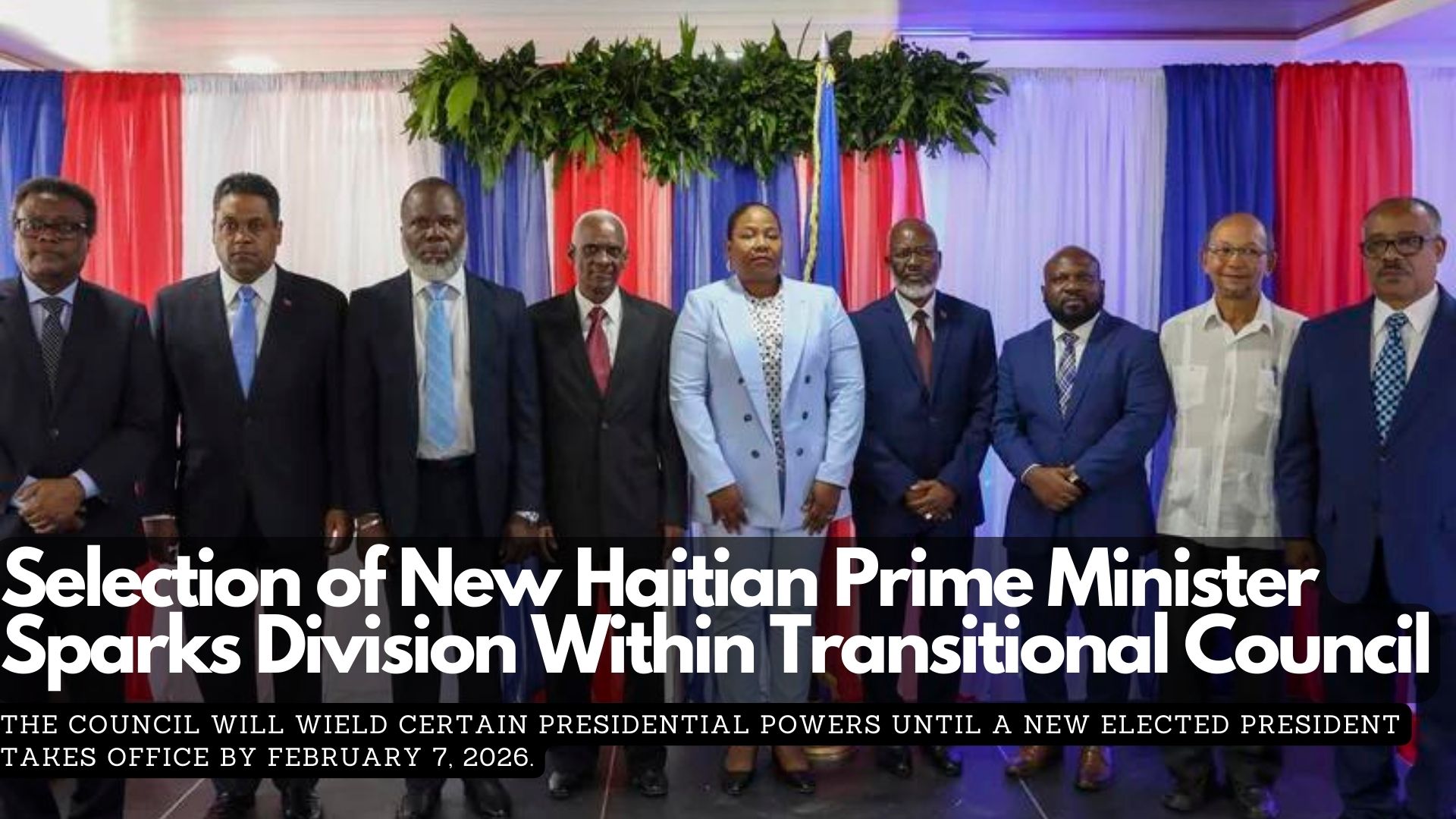The selection of Fritz Bélizaire as Haiti’s new prime minister has caused a rift within the transitional council entrusted with appointing new leaders for the country. Four out of the seven voting council members announced their choice of Bélizaire on Tuesday, surprising many Haitians and revealing an unexpected political alliance.
Now, council members who oppose Bélizaire, a former sports minister during René Préval’s second presidency from 2006 to 2011, are considering their next steps, which may include challenging the decision or resigning from the council.
The transitional council, tasked with preparing for elections and tackling security challenges, announced Edgard Leblanc Fils as its president and proposed Fritz Bélizaire, a former sports minister, as the new interim prime minister.
Established with support from the Caribbean Community and Common Market (CARICOM), the nine-member council, sworn in at the National Palace last week, includes seven voting members. Its responsibilities include appointing a new prime minister and cabinet.
The council will wield certain presidential powers until a new elected president takes office by February 7, 2026.
